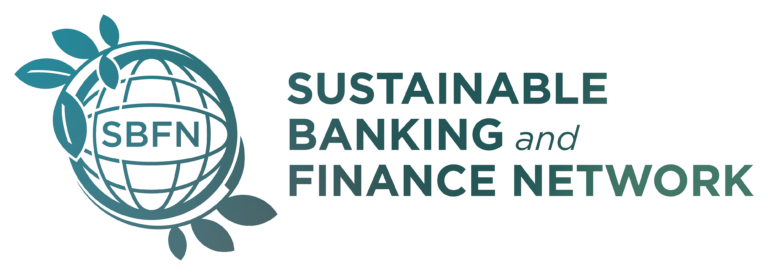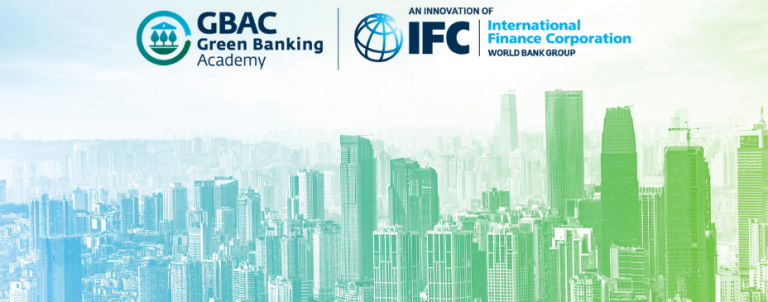ESG Integration
Financial Institutions: Resources, Solutions and Tools (FIRST) for Sustainability
A one-stop shop for financial institutions to get information and learn about the benefits of environmental and social risk management and how to identify and take advantage of environmental business opportunities. For managers and staff of financial institutions, stakeholders and other users, FIRST provides guidance and tools to understand and manage the risks that environmental and social issues present for financial institutions. FIRST also introduces users to financing/investing in environmental business opportunities with traditional financial/investment products.
Dev notes: here
English | Website
IFC Green Banking Academy (IFC-GBAC)
A knowledge initiative to accelerate the green transformation of the banking sector. IFC-GBAC leverages the leading expertise and experience that IFC has developed in the climate finance space for the past several years and supports the ambitious climate targets assured by the WBG to 2030. IFC-GBAC has access to the immense IFC’s pool of knowledge about climate and aims at sharing this knowledge, with the help of key partners, with the banking sector.
Dev notes: here
English | Website
IFC’s Environmental and Social Risk Management Program in Africa
This program provides support to financial institutions, regulators, industry associations, training institutions and other partners on the development and implementation of environmental and social (E&S) risk management practices for the financial sector in Nigeria, Ghana and South Africa. The website is a one-stop-shop for our partners and stakeholders and includes information on how financial institutions can effectively implement E&S risk management best practices and associated regulatory requirements. This includes best practice guidance tailored to the country contexts of Ghana, South Africa and Nigeria.
Dev notes: here
English | Website
A risk management framework, adopted by financial institutions, for determining, assessing and managing environmental and social risk in projects. It is primarily intended to provide a minimum standard for due diligence and monitoring to support responsible risk decision-making. Currently, 105 Equator Principles Financial Institutions in 38 countries have officially adopted the Equator Principles, covering the majority of international project finance debt within developed and emerging markets.
Dev notes: here
English Websites




